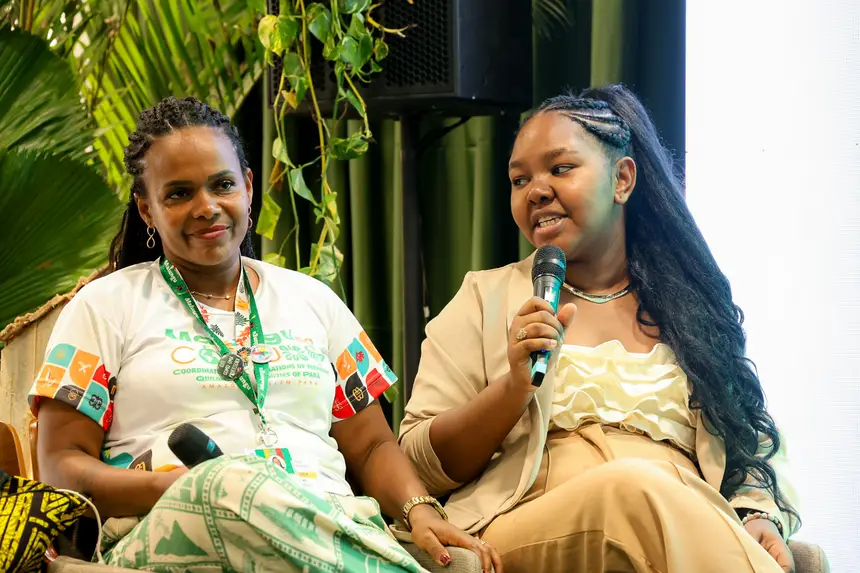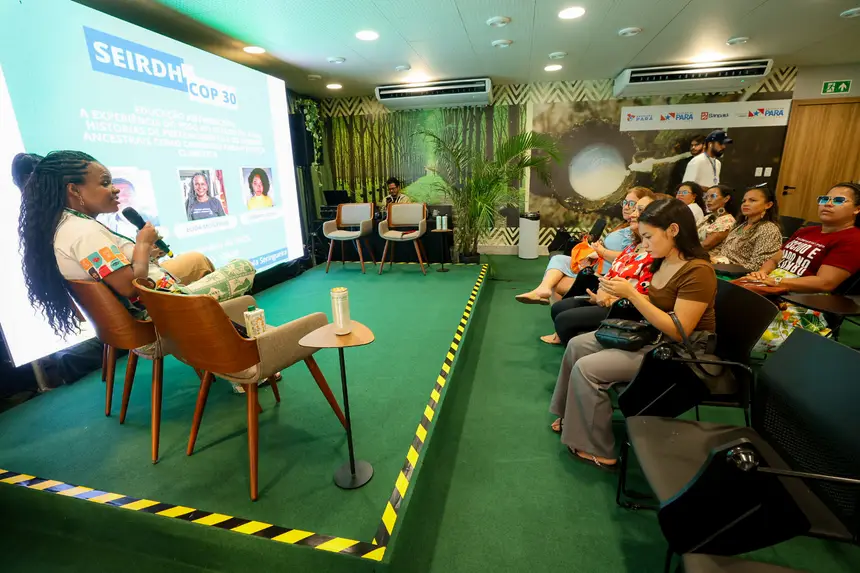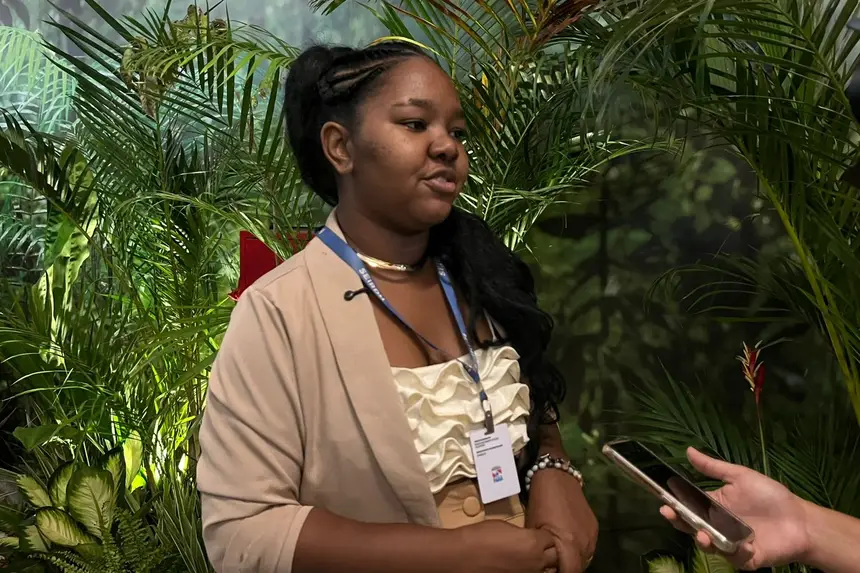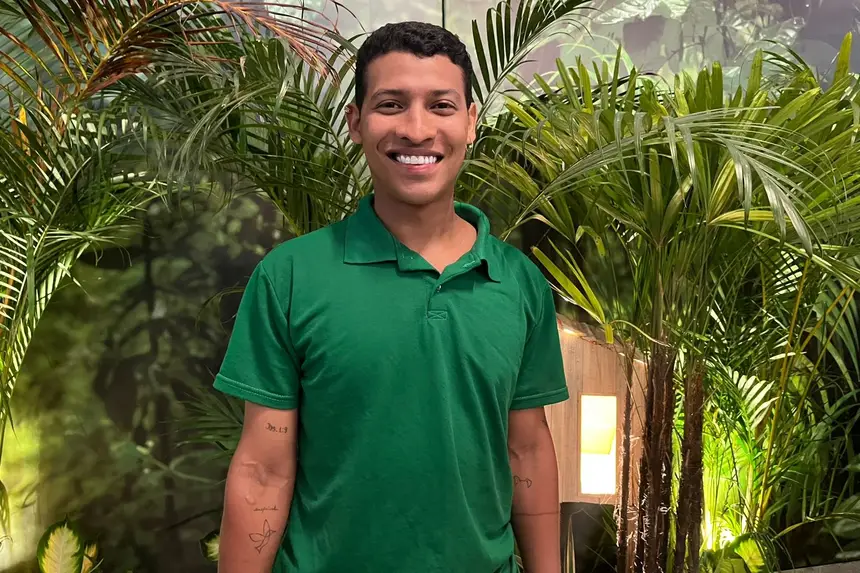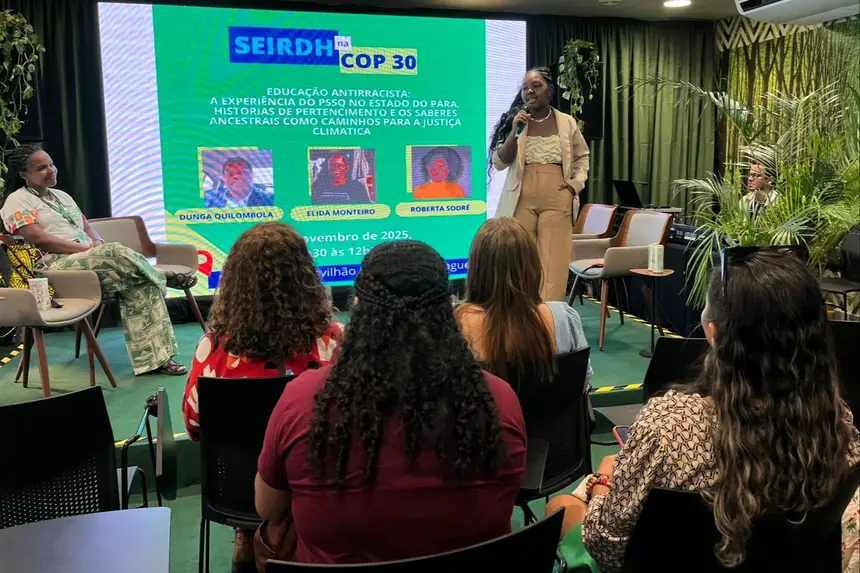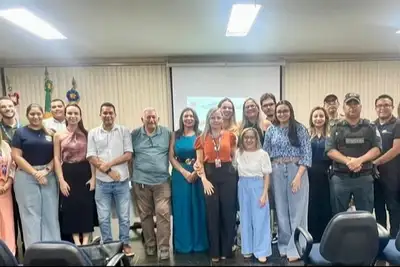Antiracist Education and Quilombola Knowledge Take Center Stage at COP30 with Seirdh Presentation
Panel presents the experience of the PSSQ and reinforces the importance of ancestral knowledge in the global climate agenda
The State Secretariat for Racial Equality and Human Rights of Pará (Seirdh) presented, this Saturday (15), at the Pará Pavilion, in the Green Zone of the 30th United Nations Conference on Climate Change (COP30), the panel "Antiracist Education: The Experience of the PSSQ in the State of Pará — Stories of Belonging and Ancestral Knowledge as Paths to Climate Justice." The activity brought together participants to discuss public policies that integrate racial equality, education, and the fight against the climate crisis.
Led by the Racial Equality Coordinator of Seirdh, Roberta Sodré, the meeting included the participation of Elida Monteiro, a leader of the Itancuã Miri quilombo in Acará. The representatives presented the advances of the Simplified Quilombola Selection Process (PSSQ) and the Technical Chamber of Antiracist Education, established by Decree No. 3.934/2024, considered essential milestones of a reparative educational policy, aligned with climate justice and the strengthening of quilombola territories.
The panel highlighted the importance of the work of quilombola teachers in their own territories, an element that reinforces belonging, community autonomy, and the continuity of traditional knowledge.
The PSSQ received 1,755 applications in its first edition, and the selected candidates have already begun their activities gradually, currently operating in 11 municipalities in Pará.
Traditional knowledge as a path to climate justice
During the presentation, Roberta Sodré emphasized that bringing this debate to COP30 expands international recognition of the contributions of traditional communities.
"Today we showed that valuing local knowledge transforms the territory. Quilombola teachers and students involved in the PSSQ create narratives of belonging, victory, and memory. This strengthens the community's relationship with the territory and seeks more sustainable paths to face the climate crisis," she stated.
Quilombola leader Elida Monteiro emphasized that the struggle for education and climate occurs collectively and integratively.
"This is a historic moment. The struggle continues in the streets, in the territories, and in training spaces. Everything comes from our educational base. Being here at COP, discussing something that directly affects those in the territory is very powerful," she said.
Active participation of civil society
Among the panel participants was advertiser Tharcisio Carmo, who highlighted the importance of directly hearing quilombola voices.
"It is very important for us to be in these spaces and learn from the perspectives of those who live in quilombos. We, black people, need to occupy these places and see the results of policies like the PSSQ. This shows that we can occupy other spaces and that we have a voice and knowledge," he commented.
The participation of Seirdh at COP30 reinforces the commitment of the Government of Pará to present concrete actions that connect racial justice and climate justice. The Secretariat's program continues until November 20, with new panels and debates.



